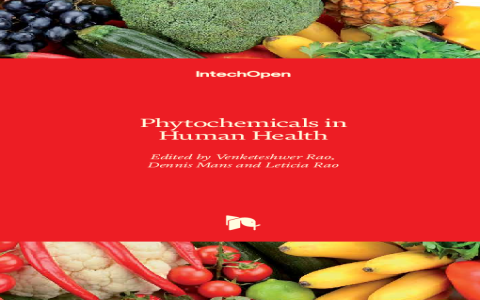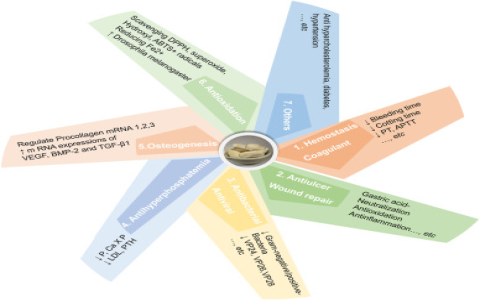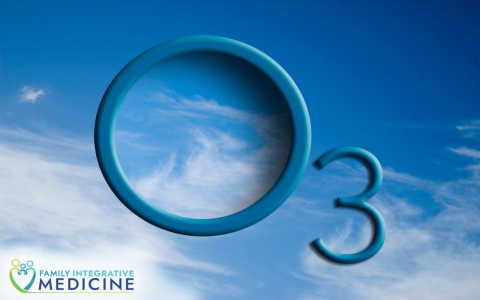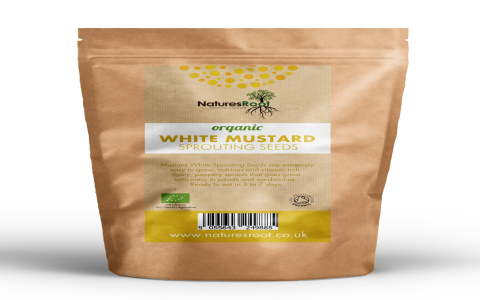You know, it feels like every other day there’s some new “superfood” or miracle cure popping up on the internet. One week it’s kale smoothies, the next it’s some expensive powder from a mountain top. And doctors? Bless ’em, but sometimes it feels like their answer to everything is just another pill with a list of side effects longer than my arm. I’d been dealing with this annoying, nagging issue for ages – this sort of internal heat, you know? My mouth would often feel a bit off, maybe a bit of a sore throat now and then, and just a general feeling of being… well, not quite right. Nothing major enough for a big medical drama, but enough to be a constant, low-level pain in the backside.
So, I was complaining about this to my grandma, who’s seen a thing or two in her ninety-odd years. She just nodded, went to her old wooden cabinet, and pulled out these dried, yellowish root-like things. “Huang Lian,” she said, simple as that. Coptis, I think is the English name. Honestly, I’d heard of it, but mostly in the context of “oh, that’s that super bitter old-school herb.” I was skeptical, to say the least. Looked like bits of tree bark. Smelled a bit like dirt. Not exactly appealing.
But, you know, when you’re fed up, you’re willing to try things. So, I asked her how to use it. She told me to just take a small piece, maybe a couple of little sticks, and boil it in water for a good 15-20 minutes. My “practice” began right there. I went to one of those old traditional medicine shops – the kind that smells of a thousand different herbs. Got myself a small bag of these yellow sticks. They weren’t expensive, which was a plus.
Back home, I followed instructions. Put a few pieces in a small pot with water, brought it to a boil, then let it simmer. The kitchen started to fill with this really earthy, potent smell. Not bad, just… strong. After about twenty minutes, the water had turned a deep, almost alarming yellow. I let it cool down a bit, poured a small cup, and braced myself. And man, oh man. Bitter is an understatement. It was like a punch to the taste buds. Seriously, if you think strong black coffee is bitter, you haven’t tried Coptis tea. It was an experience, that’s for sure. I grimaced, but I drank it down. Figured if it was this strong, it had to be doing something.
I decided to do this once a day, just a small cup. Didn’t want to overdo it, especially with something so potent. The first couple of days, apart from the shocking bitterness, I didn’t notice much. Maybe my mouth felt a tiny bit cleaner, less of that stale taste in the morning. But then, around the fourth or fifth day, I realized that nagging “hot” feeling I’d been carrying around seemed to be… less. The little irritations in my throat weren’t flaring up as much. My tongue, which sometimes had a bit of a thick coating, looked clearer. It wasn’t a sudden miracle, more like a gradual dial-down of the problem.
I kept it up for about a week and a half, then tapered off. The original annoying symptoms had pretty much subsided. Now, I’m not saying this stuff is a cure-all, and I’m definitely not a doctor. But for that specific kind of yucky, “damp-heat” feeling (as my grandma calls it), it really seemed to do the trick for me. It felt like it just… cleared things out from the inside, cooled things down. The biggest hurdle is definitely the taste. You have to really want to feel better to get past that bitterness.
So, what’s my takeaway from this whole Coptis experiment? Well, sometimes those old remedies, the ones that have been around for centuries, actually have something to them. They might not be fancy or packaged in shiny bottles, but they can work. For me, Huang Lian is now one of those things I keep in mind for when I feel that particular kind of internal imbalance. It’s not for everyday use, at least not for me, and certainly not for every ailment. But knowing it’s there, and knowing how to use it (and brave that taste!), feels like having a useful, no-nonsense tool in my back pocket. It’s a good reminder that sometimes the simple, albeit bitter, things can make a real difference, especially when the modern stuff leaves you wanting.



